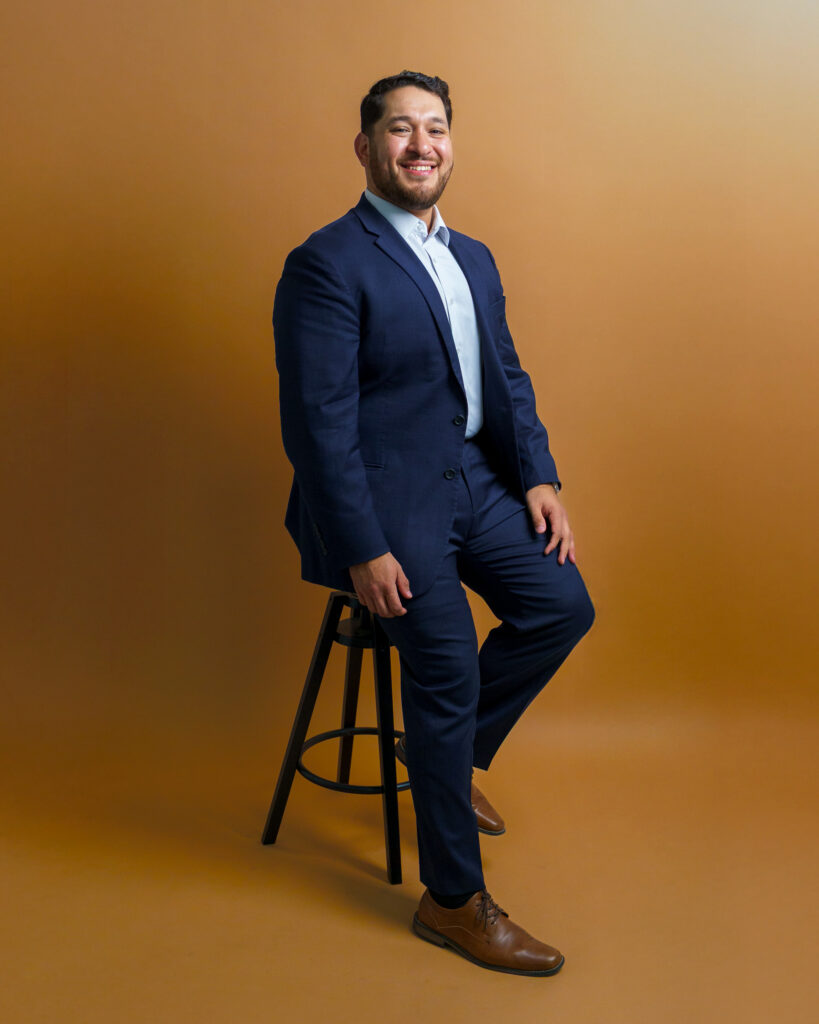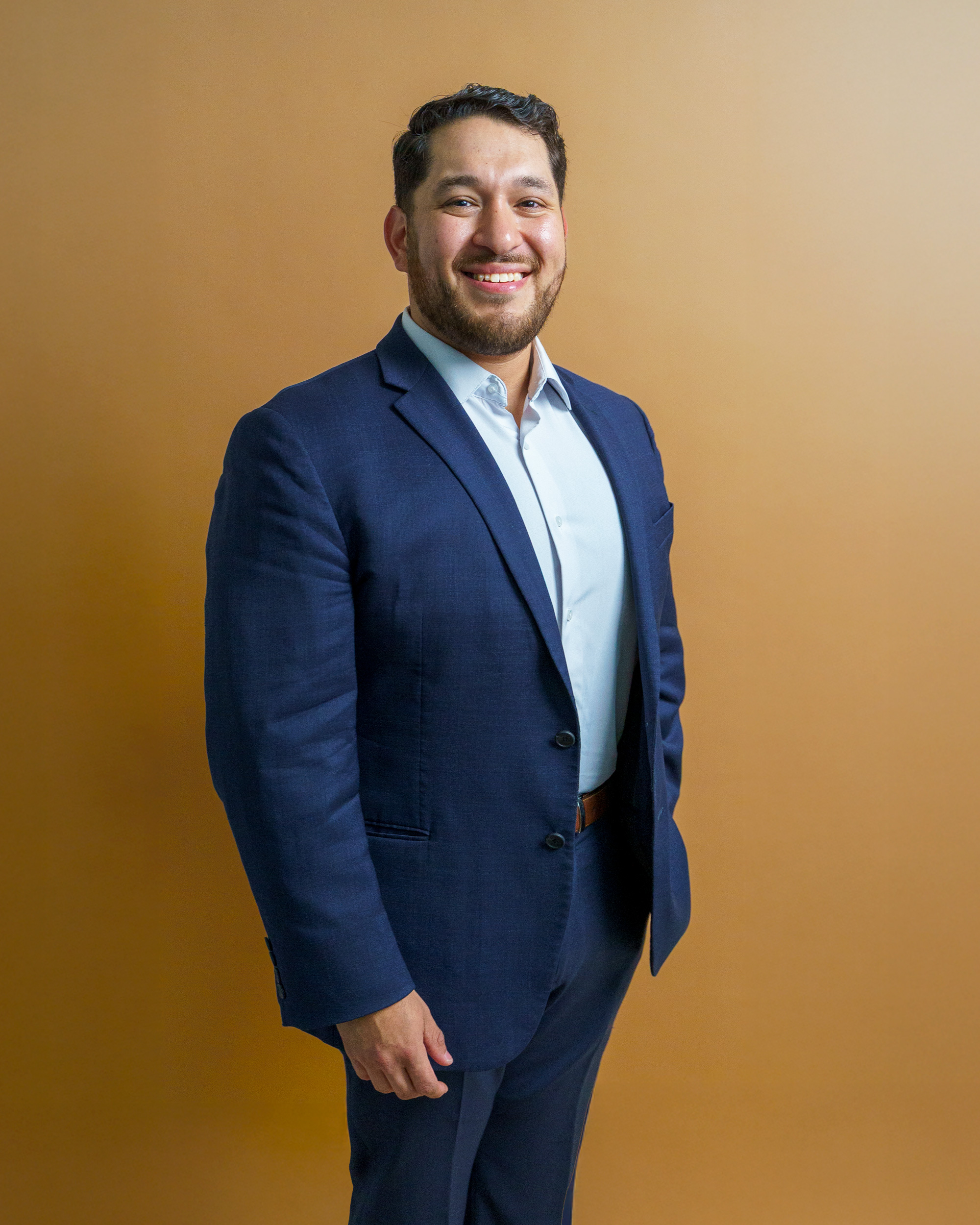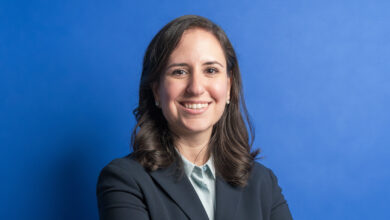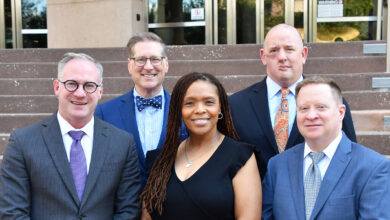Josue Rodriguez Turns Lived Experience Into Advocacy for Houston Communities
The queer Latino leader fights for immigrant justice and equity in Houston.

For Josue Rodriguez, his mission is deeply personal, rooted in a lived journey that stretches from the border town of Matamoros (in the Mexican state of Tamaulipas) to the complex political corridors of Houston, Texas.
Now serving as the director of community and strategy for the Coalition for the Homeless of Houston and Harris County, Rodriguez is the link between vulnerable communities and the decision-makers who shape their realities. He works closely with City and County officials to push for policies that aim to make homelessness rare, brief, and nonrecurring—especially for the communities of color that continue to be disproportionately affected.
“I have lived experience with homelessness,” Rodriguez says. “And I know firsthand how traumatic and life-changing it can be. Today, I approach homelessness through an intersectional lens, recognizing how mental health, substance use, and systemic inequities often overlap and compound.”
But to understand his advocacy, you have to start in 2004 when a young Josue and his family arrived here to settle in the Gulfton area, an immigrant-rich community in Southwest Houston.
“In many ways, my journey as an advocate began the moment we arrived in the United States,” he says. “We faced numerous challenges, many of which were made more difficult by language barriers. Like many first-generation Latino and Hispanic youth, I often found myself helping my parents navigate applications with service providers, schools, and even with everyday tasks.”
Those early experiences ignited a passion for advocacy in Rodriguez. It was during his senior year of high school that a lifeline came in the form of DACA (the Deferred Action for Childhood Arrivals program). It gave him a Social Security number, a work permit and, for the first time, a sense of legal identity.
Rodriguez went on to study at Houston Community College’s Central Honors College and later earned a master’s degree in public policy and administration from the University of St. Thomas—thanks in part to federal support made available to DACA recipients during the COVID-19 pandemic.

But it wasn’t just about education. As Texas’ political climate became increasingly hostile toward immigrants and LGBTQ communities, Rodriguez’s activism intensified. He joined pro-immigration organizations like United We Dream and FIEL Houston. “This harsh political climate, targeting individuals like myself, my family, and my community, motivated me,” he says.
His perspective is also deeply influenced by his identity as a queer Latino man. For Rodriguez, the fight for immigrant justice and LGBTQ rights is inseparable. “In the face of all this uncertainty, we must come together,” he says. “We must take a moment to breathe, regroup, organize, and act. We act through our votes, our political institutions, our grassroots organizing, our storytelling campaigns and, above all, through the power of our lived experiences and personal voices.”
Despite his extensive résumé, Rodriguez sees his journey as far from over. Law school is on the horizon. “I believe a legal education will equip me to engage more meaningfully within the legal system, allowing me to apply my policy background strategically, whether that means defending or challenging key legal decisions,” he says. “I see a law degree as the tool that will take my advocacy to the next level.”
With National Hispanic Heritage Month upon us, Rodriguez reflects on what the celebration means to him personally. “Over the years, I have come to understand how much our backgrounds, histories, and cultures shape not only who we are but also the policies that impact our lives,” he says. “For me, National Hispanic Heritage Month is more than just a celebration; it is a time to reconnect with my roots and honor the stories and experiences of my fellow Latinos and Hispanics. While our community is wonderfully diverse and far from a monolith, I believe we share common struggles and dreams that can inspire meaningful policies to lift us all up.”
That belief in community power—grounded in data, shaped by lived experience, and propelled by a love for his people—continues to fuel Rodriguez’s work.
“Every time I have been told that I don’t belong in a space,” he emphasizes, “I’ve worked even harder to claim my place in it.”
Keep up with Josue Rodriguez on Instagram @josue_s_rodriguez.










